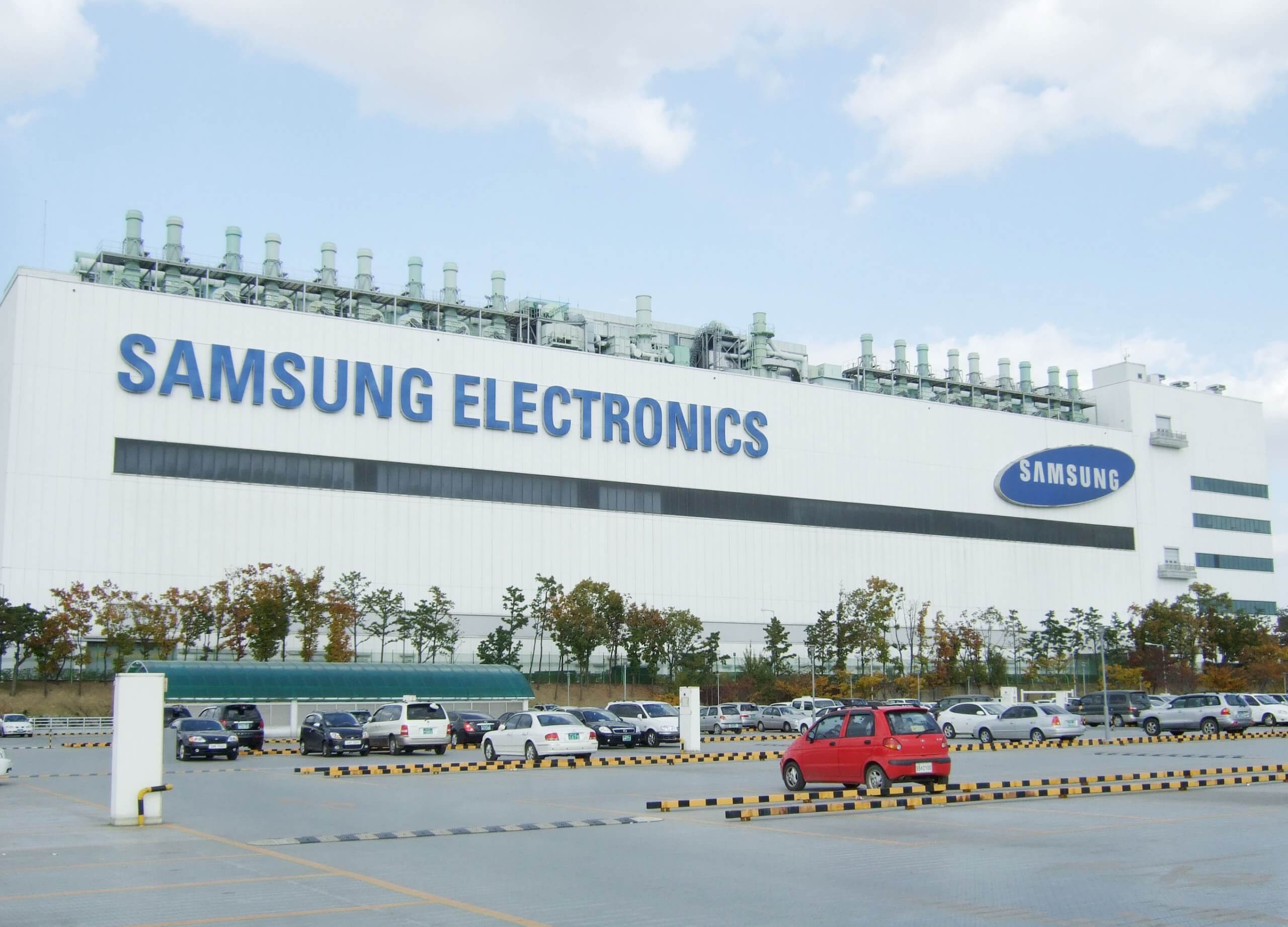In brief: TSMC counts many tech giants among its customers, but it didn't make the most chips in December. That honor went to Samsung, whose monthly manufacturing capacity of 3.1 million wafers exceeded TSMC's 2.7 million wafers. It means Samsung accounted for almost 15 percent of the world's total wafer supply.
As reported by IC Insights (via DigiTimes) the top five wafer manufacturers saw their global capacity share increase to 54 percent during December 2020. You might think that the Taiwan Semiconductor Manufacturing Company (TSMC) would lead the way, considering its customers include AMD, Apple, Qualcomm, and Broadcom, but the pure-play foundry's monthly manufacturing capacity was lower than Samsung's by around 400,000 wafers.
Samsung's lucrative memory business doubtlessly played a big part in it claiming the number one spot, while Nvidia uses a custom version of Samsung's 8nm process for its consumer Ampere line, sticking with TSMC and its 7nm FinFET process for the A100 accelerator.
Wafer capacity leaders
| Company | Monthly wafer manufacturing capacity | Total global capacity share |
| Samsung | 3.1 million | 14.7% |
| TSMC | 2.7 million | 13.1% |
| Micron Technology | 1.9 million+ | 9.3% |
| SK Hynix | ~1.85 million | 9% |
| Kioxia | 1.6 million | 7.7% |
| Intel | 884,000 | ~4.1% |
Following TSMC with the third-largest amount of capacity is Micron Technology, which has capacity for over 1.9 million wafers per month. SK Hynix is fourth (around 1.85 million), then memory IC supplier Kioxia in fifth (1.6 million). Intel, which has its own manufacturing fabs, is in sixth place with 884K wafers per month.
The issues caused by chip shortages are well document, impacting industries including pc hardware, automotive, and game consoles---even the Biden administration is getting involved. Somewhat surprisingly, the top five wafer producers increased their production output 40 percent year-on-year in December, illustrating how most of the shortage problems are the result of unprecedented consumer demand stemming from the pandemic.
